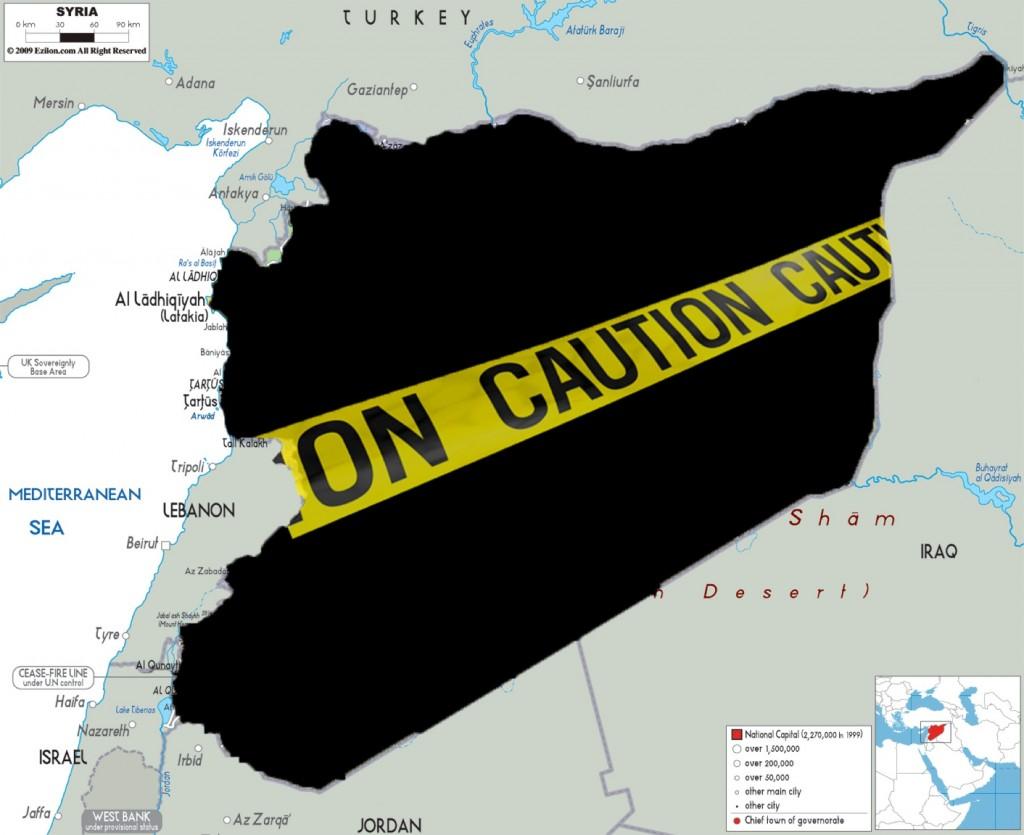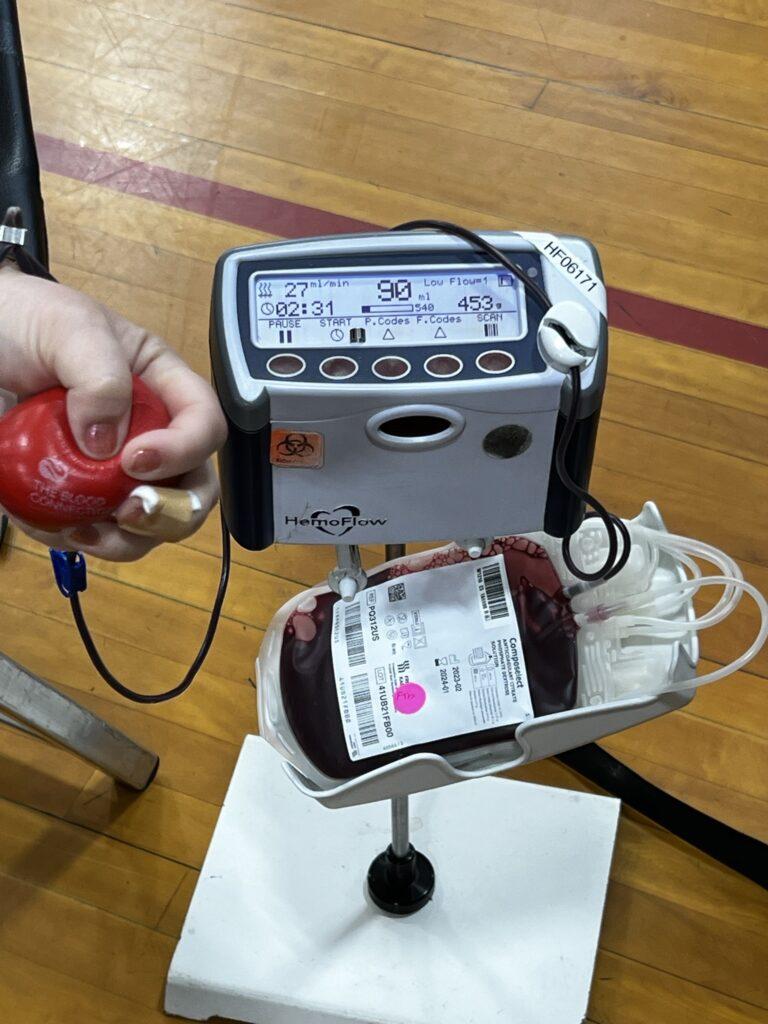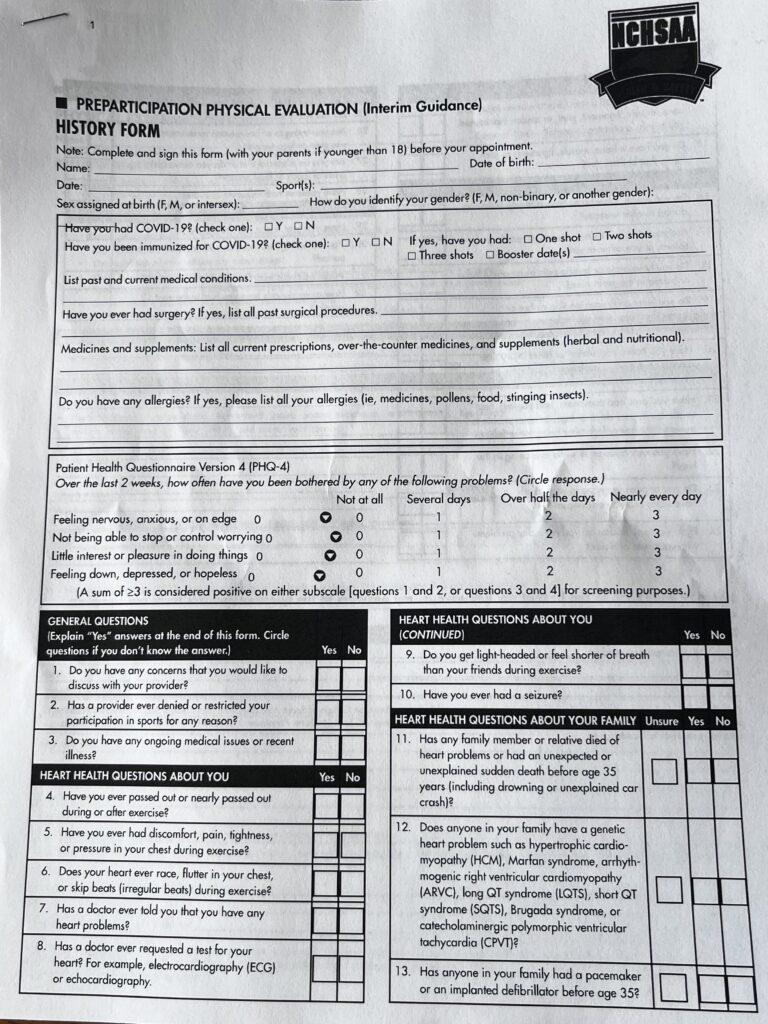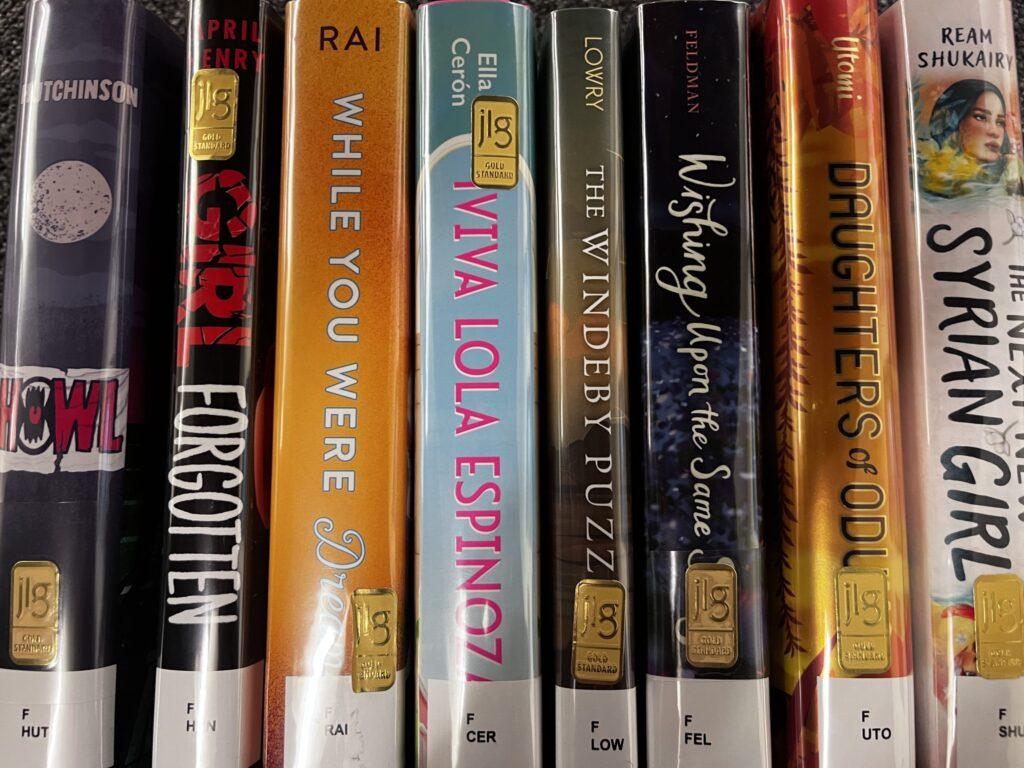Victims of the recent chemical weapon attacks in Syria twitched and suffocated as the caustic sarin gas swept through the streets of their communities. Some victims covered their faces with towels and clothing in an attempt to save themselves, CBS News reported. Many of these 1,000-plus victims were women and children.
“In some ways, I think we should take care of the problems,” Angela Perry, AP European History teacher, said. “We could help the Middle Eastern countries get established on the road to democracy, but if they do not want democracy, who are we to tell them democracy is the way to live?”
The Middle Eastern conflicts date back to Biblical times.
“I’m not so sure these problems can be resolved by the United States,” Frank Gerard, social studies teacher, said. “Some of these problems go back to the Old Testament and for a young nation of 225 years to come along and think they can solve problems is naive.”
It’s difficult for the American government to provide help for countries in the Middle East without fear of supporting terrorists.
“The problem right now for the administration is trying to tell the good guys from the bad guys,” Gerard said. “Now it looks like it’s bad guys fighting worse guys.”
America is dependent on the Middle East for oil and has strong ties to Israel, so it is difficult for the United States to avoid being involved.
“It’s a Catch 22. Until we become energy self sufficient, we are going to be involved whether we like it or not,” Gerard said. “The question is, how involved do we need to be and who do we involve ourselves with?”
The Egyptian military provides security to much of the Arab world, including the small countries of the Arabian Peninsula. The Middle East has 65 percent of the world’s known petroleum reserves and produces about 30 percent of the world’s oil.
“Dependance on getting energy in the most unstable part of the world is probably not a good idea,” Gerard said.
By Carlie Gillespie













